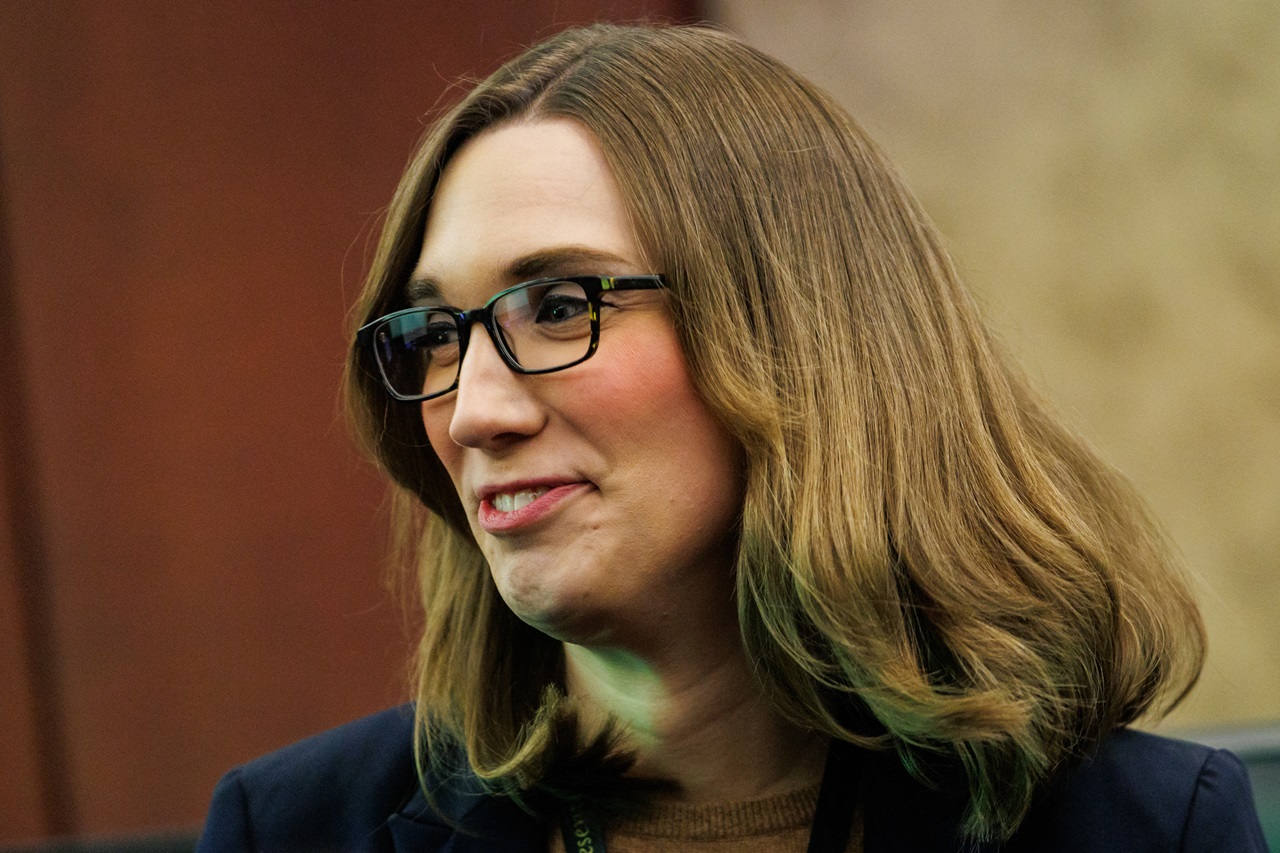
Why supporting social justice movements is important to Dr. Veronica Terriquez
Leading conductor of youth scholars and developmental Latino communities, Dr. Veronica Terriquez researches migration, education, youth development and political participation under the lens of a civic engagement and social movement microscope.
The daughter of Mexican immigrants who entered the United States illegally, Terriquez is part of “The one percent,” as she has said are the Latinos with a Doctorate of Philosophy (Ph.D.). Terriquez received her Ph.D. in Sociology at the University of California, her Masters of Arts (M.A.) in Education at the University of California, Berkeley and her Bachelor of Arts (B.A.) in Sociology at Harvard University.
Her work is a fused variety of surveys, spatial data, focus groups, participant observations and semi-structured interviews. She has dedicated many years to civic organizing efforts to empower youth, particularly children of immigrants and youth of color.
"What matters to me is supporting social justice causes that fight for equal opportunities for immigrants, low-income people of color, members of the LGBTQ community and students in the United States," Dr.Veronica Terriquez said during a 2012 speech at USC.
Her work has not only been seen in academia but also in unions, community organizations and local governments.
Terriquez's research is supported by the Irvine Foundation, the California Endowment and the Bill and Melinda Gates Foundation. With a history of receiving support, she has also received recognition from the American Sociological Association and fellowships from Stanford University Center for the Advanced Study in the Behavioral Sciences and the Ford Foundation.
"I aim to push students to think critically about the issues that matter to me and what matters to them so that they can be informed citizens and act on issues they care about. This matters to me because I wouldn't be standing here in front of you if it wasn't for those who came before us who had fought for social justice. I am especially indebted to the civil rights activists of the 20th century, who struggled for equal rights for underrepresented groups," Dr.Terriquez said.
Terriquez noted that she is indebted to many, yet besides her family, mentors and the many people in the civil rights movement who fought for her, she is especially grateful for Ella Baker, a notable African American civil rights activist.
Baker worked in the shadows, training women, students and workers to organize around civil rights and human rights causes for 50 years.
CONTENIDO RELACIONADO
"She's important to me because I realized that many opportunities I have had throughout my life would not have been possible if it wasn't for the successful grassroots organizing campaigns led by her or the thousands of people she trained over five decades," Dr.Terriquez said.
To add more about Baker, she worked with Martin Luther King Jr., Rosa Parks, Bob Moses, William Edward Burghardt Du Bois and many others.
"Ella Baker was born in 1903 and died in 1986. Unfortunately, I never had the chance to meet her. But I realized that much of my work examines her legacy. She firmly believed that the average person did not need to rely on some famous leader, particularly a male leader, to fight for them. She knew that people without money and status had the power to impact change when they worked as part of a collective," said Dr.Terriquez.
Dr.Terriquez also feels that the civil rights movement, which Baker and many others took part in, created opportunities for her father. He left his village in Jalisco for the United States after her grandfather's death of cancer in the 1960s.
Years after her father arrived in the United States, Watts Riots occurred in 1996. The riot was due to inequality, high unemployment, poor schools and high poverty levels.
Dr. Terriquez said that a result of this riot was that every and almost all white labor unions had to open employment opportunities for everyone.
"One of the labor unions that had to give employment opportunities to everyone was United Steelworkers of America, a soda can-making factory that hired my dad. And labor unions, at that time, were strong. This meant that my brother, my mom and my dad's family back home life changed. I wasn't poor like many other Mexican kids I knew struggling financially. My father achieved the American dream," Dr.Terriquez said.
This is why social justice matters to Dr. Terriquez.










DEJE UN COMENTARIO:
¡Únete a la discusión! Deja un comentario.